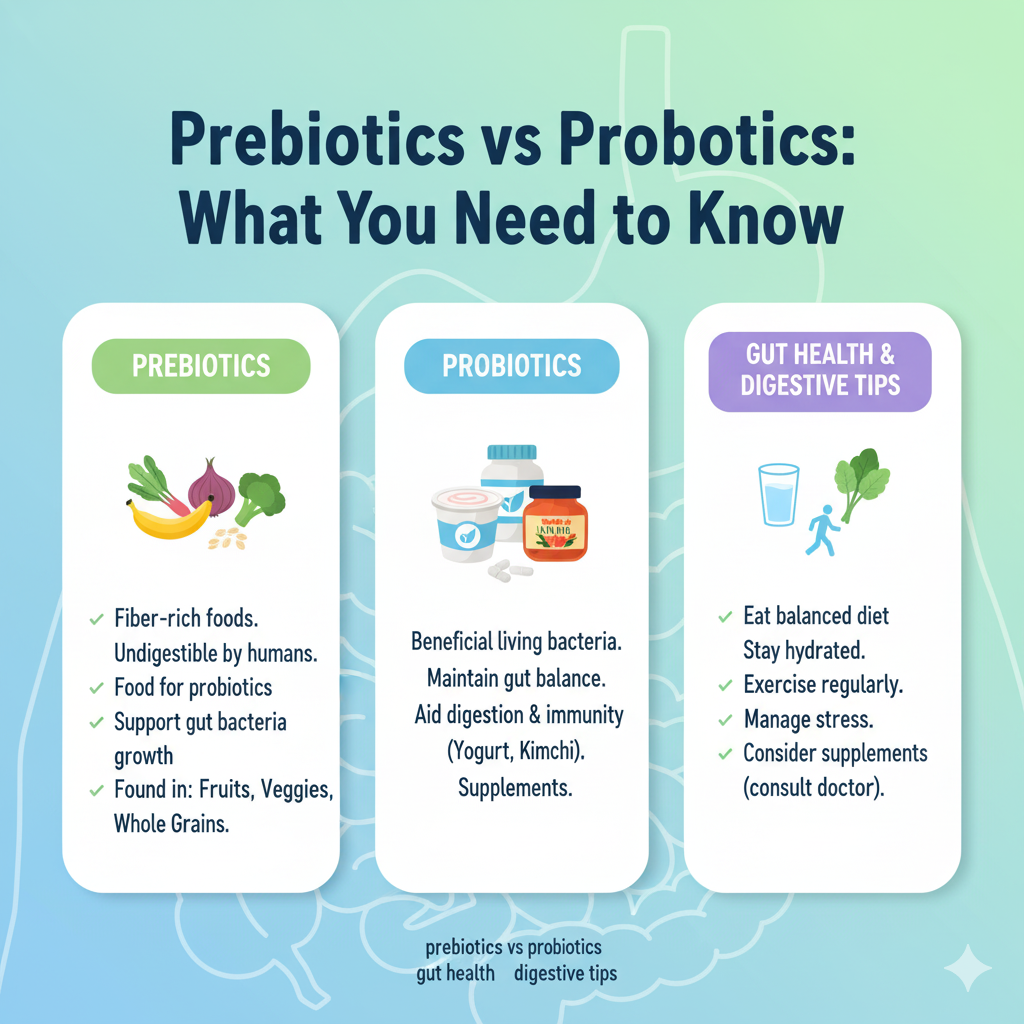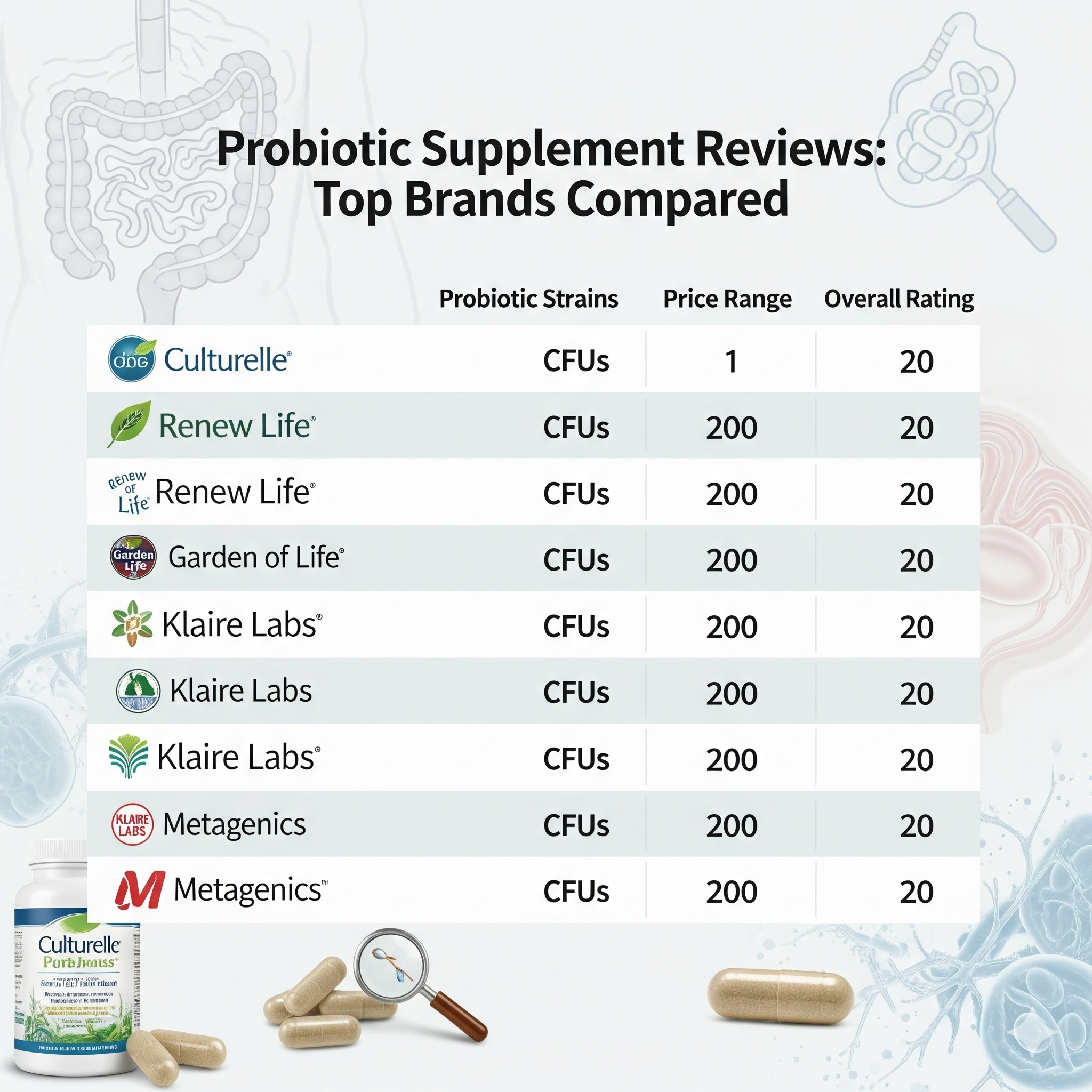Maintaining good gut health is one of the foundations of overall wellness. With growing awareness about the importance of the microbiome, more people are turning to probiotics as a digestive supplement to improve digestion, strengthen immunity, and boost overall health. However, with so many probiotic options available, the question arises: how do you actually choose the right probiotic for your needs?
This gut health guide will help you understand what probiotics are, why they matter, and provide a step-by-step approach on how to choose probiotic products effectively.
What Are Probiotics?
Probiotics are live microorganisms, mainly bacteria and yeasts, that deliver health benefits when consumed in adequate amounts. They are often referred to as “good” or “friendly” bacteria because they help maintain a balanced gut microbiome.
When taken as a digestive supplement, probiotics can:
- Improve digestion.
- Enhance nutrient absorption.
- Support the immune system.
- Prevent harmful bacteria from taking over the gut.
- Reduce symptoms of digestive disorders.
Why Probiotics Matter for Gut Health
A healthy gut microbiome plays a vital role in digestion, immunity, metabolism, and even mental well-being. Poor diet, stress, illness, or medications (like antibiotics) can disrupt this balance, making probiotics an essential tool to restore harmony.
By choosing the right probiotic, you are not just aiding your digestion—you are investing in long-term health. This makes it crucial to follow a proper gut health guide when selecting supplements.
Factors to Consider When Choosing a Probiotic
Selecting the right probiotic requires more than grabbing the first bottle on the shelf. Here are the key factors to look at when deciding how to choose probiotic products:
1. Strain Specificity Matters
Not all probiotics are created equal. Different strains provide different benefits. For example:
- Lactobacillus rhamnosus GG → helps with diarrhea and digestive upset.
- Bifidobacterium longum → supports immunity and reduces inflammation.
- Saccharomyces boulardii → useful for antibiotic-related diarrhea.
Check the label to see which strains are included in your digestive supplement.
2. Colony-Forming Units (CFUs)
CFUs indicate how many live microorganisms are present in the probiotic. Effective doses typically range from 1 billion to 10 billion CFUs, depending on the health goal. More is not always better—focus on quality and relevance of strains.
3. Delivery Method
Probiotics need to survive the journey through the stomach to reach the intestines. Look for supplements with:
- Delayed-release capsules.
- Enteric coatings.
- Spore-forming strains for higher survival rates.
4. Targeted Health Benefits
Match the probiotic strain to your needs:
- Digestive issues → Lactobacillus & Bifidobacterium strains.
- Immune support → Multi-strain blends with Bifidobacterium.
- After antibiotics → Saccharomyces boulardii or Lactobacillus.
This personalized approach ensures you truly choose probiotic products that work for you.
5. Storage and Shelf Life
Some probiotics require refrigeration, while others are shelf-stable. Always check the packaging and store accordingly to maintain potency.
6. Third-Party Testing and Brand Reputation
Trustworthy brands often have third-party testing to verify potency and safety. Choose companies that are transparent about their research and manufacturing practices.
Common Myths About Probiotics
When searching for a digestive supplement, you may come across misleading information. Let’s clear up a few myths:
- “More strains mean better results.”
Not necessarily—what matters is the right strain for your need. - “Probiotics don’t need prebiotics.”
False. Prebiotics (fibers that feed probiotics) help them survive and thrive. Look for synbiotic supplements that include both. - “You only need probiotics if you’re sick.”
Even healthy individuals can benefit from probiotics for maintaining gut balance.
Practical Gut Health Guide: Steps to Choosing the Right Probiotic
To simplify the process, here’s a practical checklist you can follow when deciding how to choose probiotic supplements:
- Identify your goal → Digestive relief? Immunity? Post-antibiotic recovery?
- Research strains → Match specific strains to your needs.
- Check CFUs → Aim for effective dosage, usually 1–10 billion.
- Examine quality → Look for third-party tested brands.
- Review delivery system → Ensure the supplement survives stomach acid.
- Consider lifestyle needs → Refrigerated vs. shelf-stable.
- Try and monitor → Track your symptoms for 4–6 weeks.
Natural Sources of Probiotics
While supplements are effective, you can also boost gut health naturally through foods rich in probiotics:
- Yogurt with live cultures.
- Kefir (fermented milk drink).
- Kimchi and sauerkraut.
- Miso and tempeh.
- Kombucha tea.
Incorporating these foods alongside a digestive supplement can maximize benefits.
When to See a Doctor
Most people tolerate probiotics well, but if you have a weakened immune system, chronic illness, or severe digestive issues, consult a healthcare provider before starting a gut health guide with supplements.
Conclusion: Choosing the Right Probiotic for Your Health
Probiotics are powerful allies for digestive and overall wellness. However, choosing the right one requires understanding your health goals, strain specificity, dosage, and product quality. By following this gut health guide, you can confidently choose probiotic products that suit your unique needs and support long-term well-being.
Remember: a healthy gut means a healthier you—and the right probiotic can be the key to unlocking better digestion, stronger immunity, and balanced wellness.




